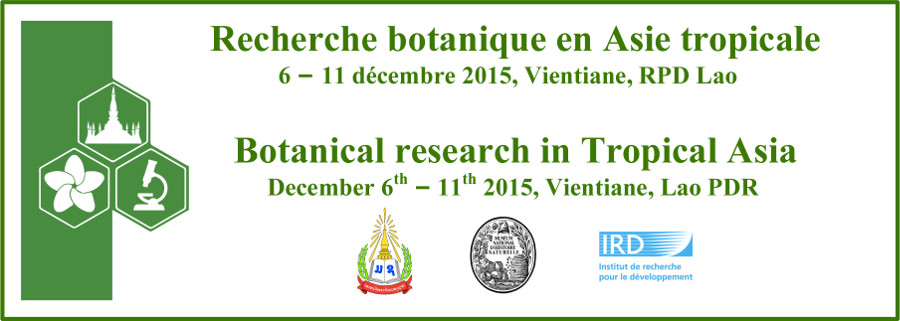Transmission of Traditional Medicinal Knowledge: a survey of two Hmong communities in Northern Laos.
1 : Représentation IRD Laos
(Institut de Recherche pour le Développement)
-
Site web
Ban Naxay, Saysettha District. P.O. Box 5992, Vientiane -
Laos
2 : UMR PALOC MNHN/IRD
(Patrimoines Locaux)
-
Site web
Muséum National d'Histoire Naturelle (MNHN)
43 rue Cuvier, 75005 Paris -
France
3 : Université Paris Ouest Nanterre la Défense
Université Paris Ouest Nanterre La Défense
LADYSS, 200 avenue de la République, 92001 Nanterre cedex -
France
This study is the result of two ethnobotanical surveys with Hmong traditional healers in two Northern Lao locations: Nam Kan National Park (NKP), Bokeo province and Nong Het district, Xieng Khouang province. We discovered that traditional medicinal knowledge (TMK) transmission and frequency in these two communities follow rather opposite patterns:
- In NKP area, since recent access to western drugs, recourse to traditional medicine is decreasing dramatically, leading to drastic erosion and depreciation of this knowledge. As most knowledge transmission occurs orally when collecting medicinal plants following vertical transmission patterns, most of it might thus quickly fall into oblivion as plants are less and less used.
- In Nong Het area, the emergence of a medicinal plant market, providing new income opportunities, boosted by a strong demand from the Hmong diaspora (from France and the US), has promoted plant collection and the reaffirmation of TMK. This increasing demand for medicinal plants leads to the emergence of new horizontal modes of TMK transmission, which might in return contribute to strengthen TMK sustainability in this community.
In conclusion, although we can see in this particular case that the insertion in broader economic networks can help to maintain some TMK transmission, it is urgent to document Lao traditional practices in order to protect not only traditional knowledge, but also plant resources from possible overexploitation.
- Poster

 PDF version
PDF version

